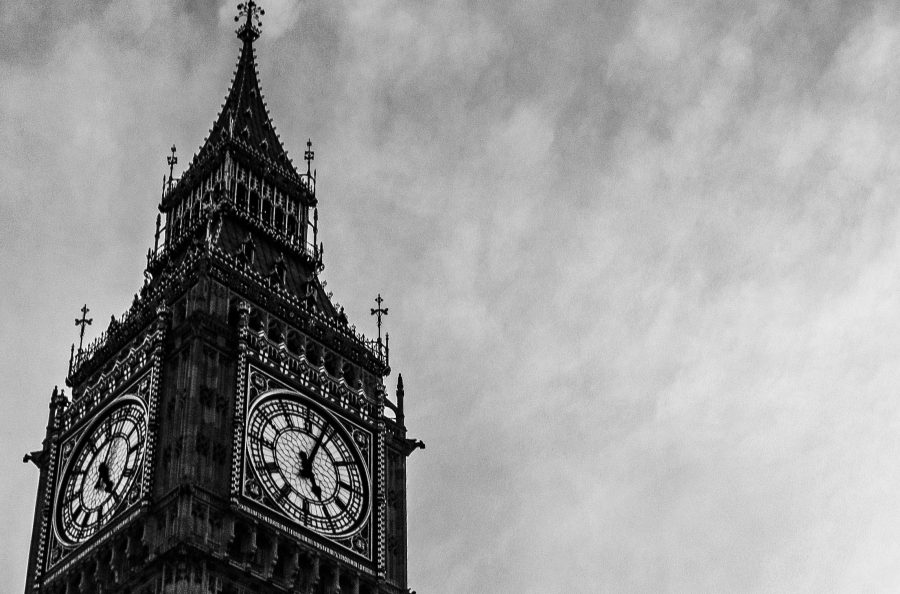To be sure, UK politics are in flux. A vocal huddle of mostly Remain protesters, and occasionally Leavers, have occupied a spot opposite the Houses of Parliament for the past two years. Voters have voiced at the ballot box their anger at the government’s inability to deliver its promise to implement the 2016 EU vote and are angry at MPs for putting party and personal ambitions ahead of the country’s interests.
We should not, though, panic. The success of new parties is a natural, healthy sign of political evolution. This does not mean the UK is politically unstable any more than a corporate takeover spells doom for capitalism. A country and a political system need realignment to take place from time to time precisely in order to avoid violence and conflict. Only when realignment is prevented, usually by vested interests, does pressure build up for more sudden or violent change.
We could go even further and point out that the UK’s problem is not one of instability, but rather of stasis. By calling the 2017 general election needlessly, Theresa May unwittingly super-glued Parliament into maintaining the status quo. The fleetingly fashionable Jeremy Corbyn has proved to be even less popular as a leader, consistently trailing May. After nine years in opposition, Labour should be surfing a wave of popularity, but instead voters face the electoral equivalent of an ugly baby contest. Nobody really wants another election yet.
David Cameron has to take both blame and credit. He takes the blame for enjoying referendums over political leadership, but credit for introducing the Fixed Term Parliaments Act, which means that for the next three years elections can be averted. A further drag on change is the first-past-the-post Westminster electoral system, which stacks the odds massively against a challenger party. Take the SDP who, in alliance with the Liberals in 1983 general election, won 25.4% of the vote but won just 23 seats. Labour in the same election won 27.6% of the vote and 209 seats. The system has inbuilt stability, arguably to an unhealthy degree.
So the dogs bark, but the caravan moves on. The UK is simply in the process of realigning its political parties and, to an extent, its political system.That is long overdue. Take one example: the House of Lords is the second largest legislature in the world, behind only the Chinese People’s Congress, except the Lords is less democratic. That is unacceptable in the 21st century: change is overdue.
The UK is indeed stable – but don’t take my word for it. European investment in the UK has doubled since Brexit. EY in April published a report showing Britain to be the most attractive country in the world for business investment over the coming year. Even the FT reports that total investment spending in the UK grew faster than in any of the other G7 countries last year. Britain, it seems, remains supremely attractive.







